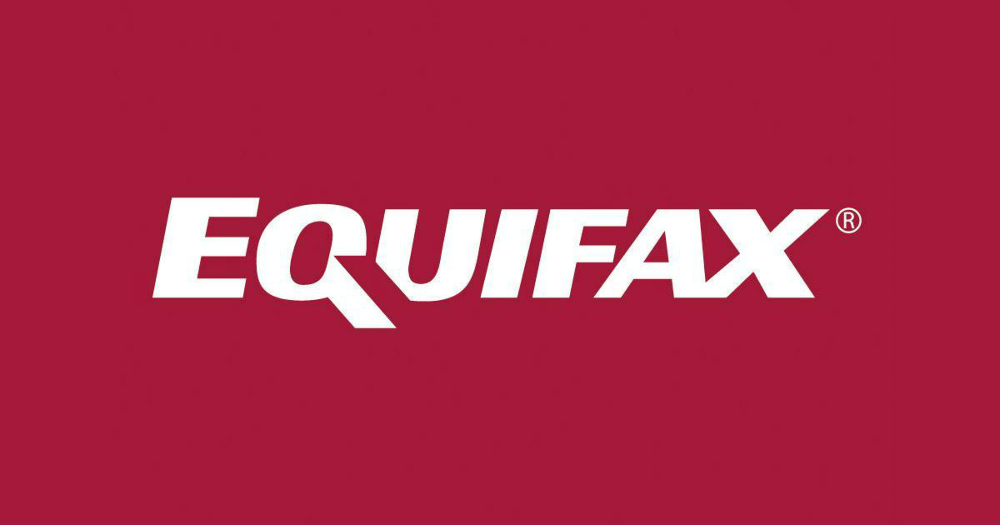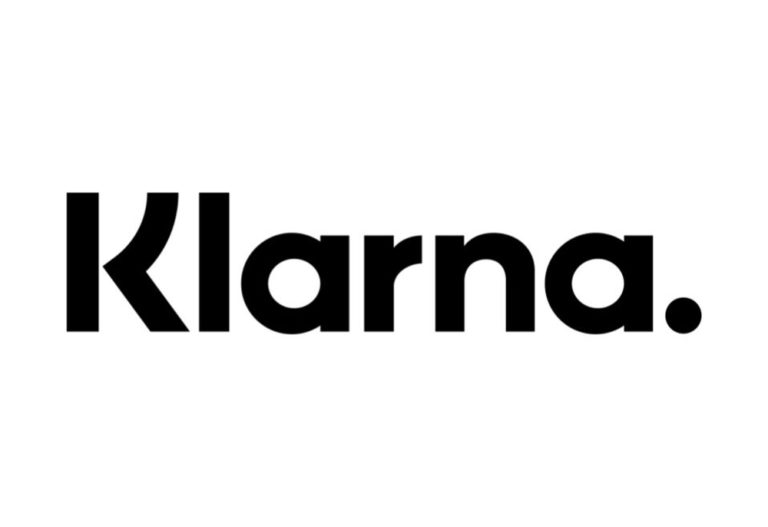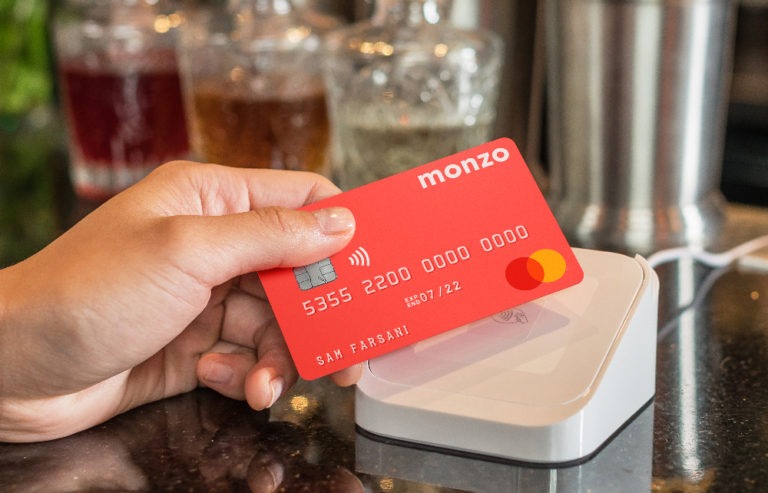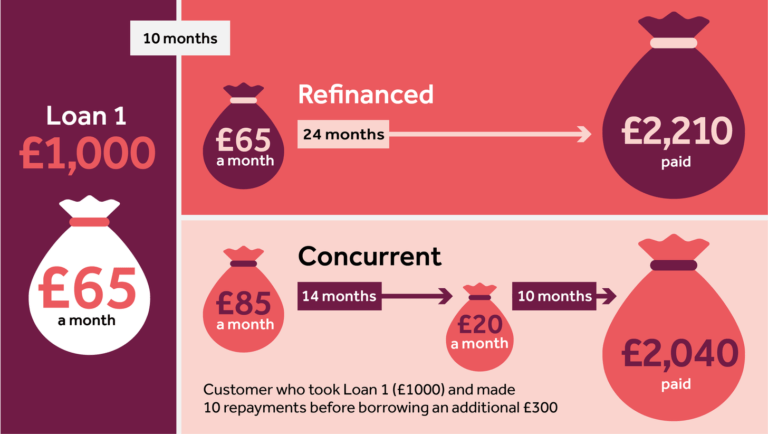Equifax’s new credit score scale
Equifax quietly updated its credit scoring system in April this year, changing the scale from 0 – 700 to 0 – 1000.
The shift has meant that some users have been upgraded from “very poor” to “poor” while others have been downgraded from “excellent” to “fair”.
Confusingly, if you use Clearscore to check your Equifax report, their system is still showing a scoring range of 0 – 700 and they’re not planning to update it until later this year.
If you’ve signed up to receive Equifax’s credit reports directly from them, you may well be wondering how your new status will affect you – the answer is very little has changed.
Although the number or status on your account has changed, your actual credit profile hasn’t.
Your credit score is a good way to visualise where you are financially, but when lenders decide whether or not to approve your mortgage, loan or credit card application, they’re looking at much more than just a number.
They’ll be looking at everything from your credit history to how reliable you are.
The second thing to bear in mind is that there are three different credit agencies: Experian, Equifax and TransUnion.
All three will hold similar information about you, but each will score you differently, so you could be excellent under one but just good under another.
Different lenders use different agencies and they’ll be looking for different things when assessing your profile.
And given that how lenders assess borrowers isn’t information that’s readily available, you’re much better off improving your overall credit profile than worrying about individual scores.







